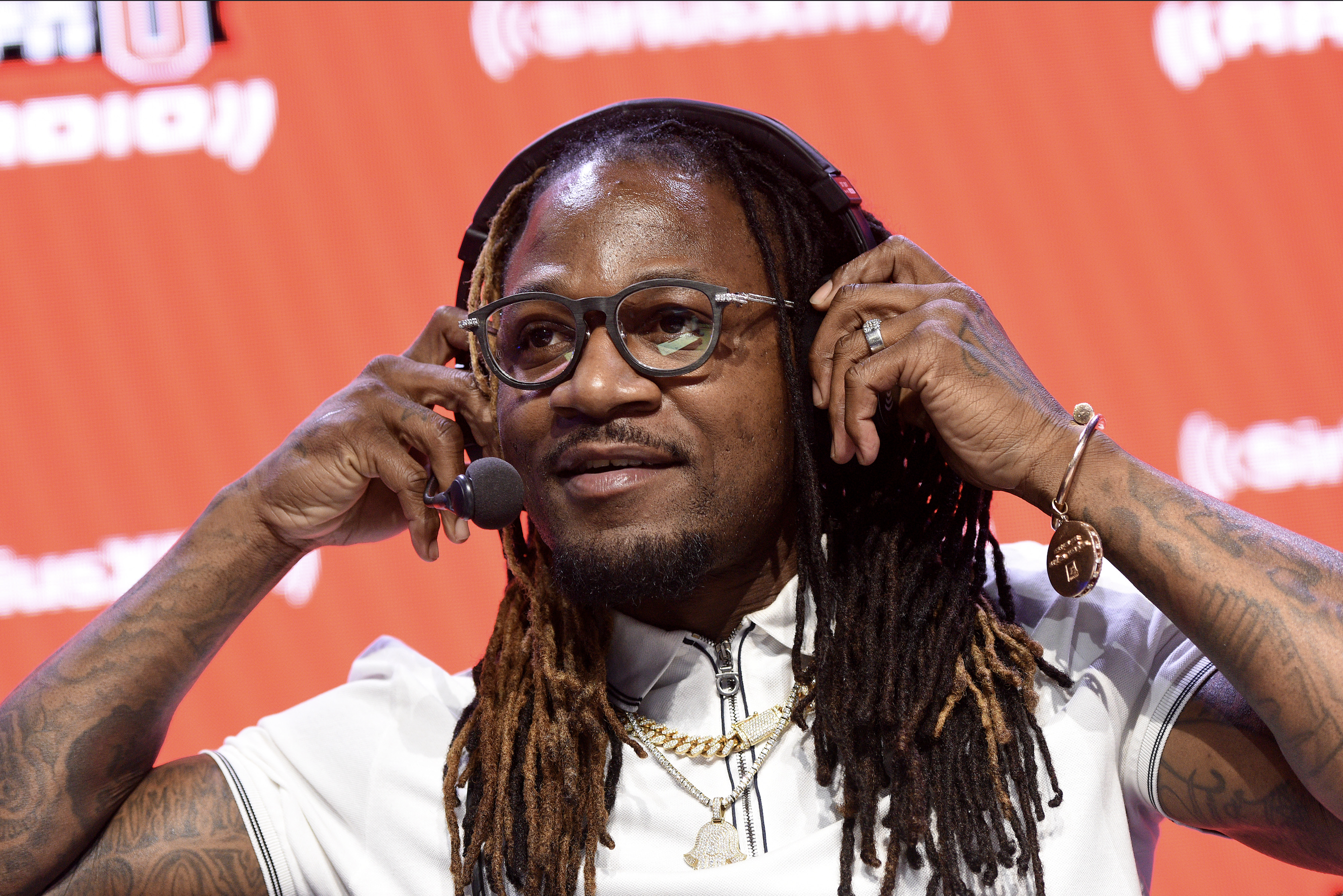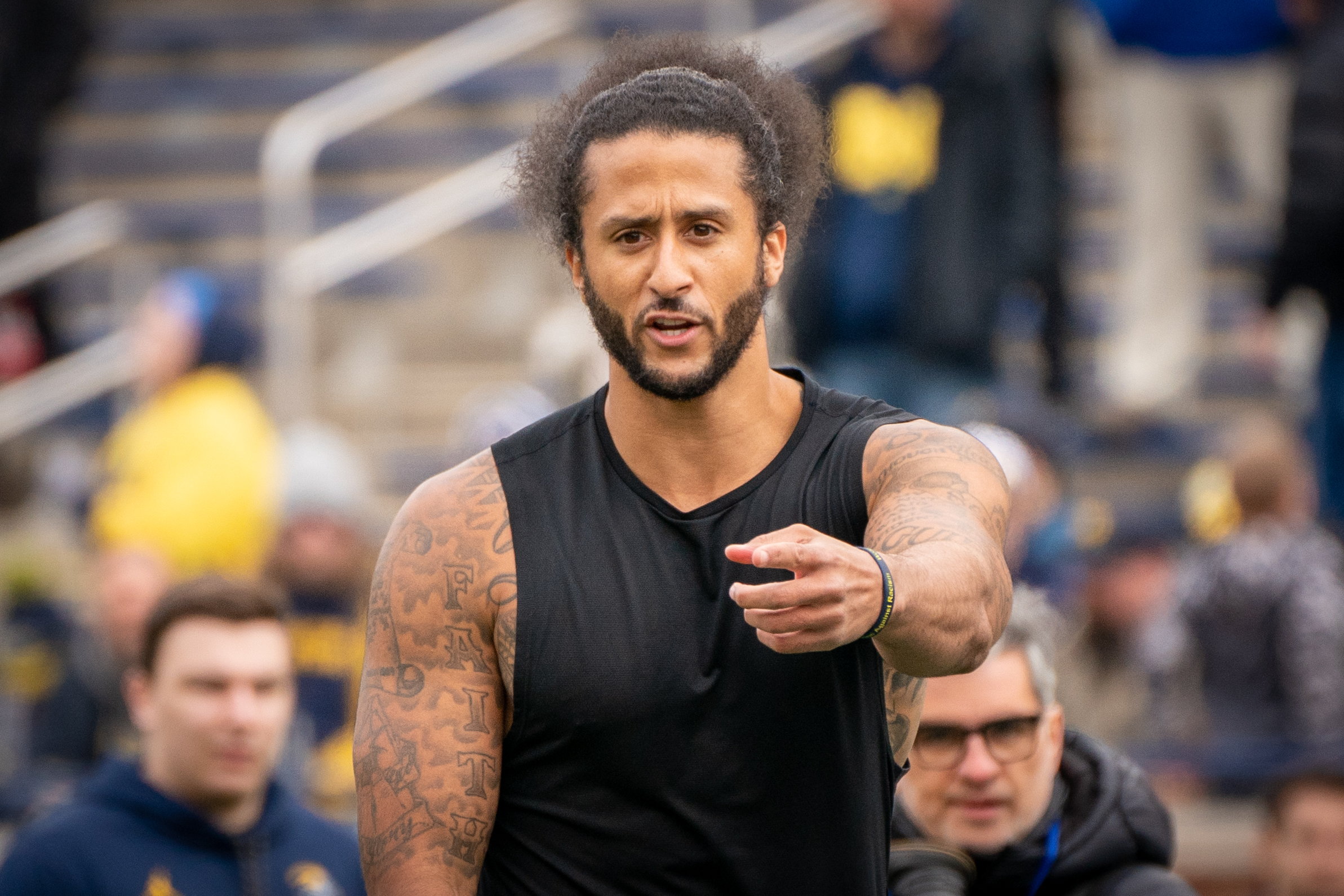The more people criticize Adam Jones, the artist formerly known as Pacman, the more I struggle to understand why he is singled out. True, Jones has a long history of failing to control his temper, on and off the field. And what we saw this weekend was a poor reflection of his character.
The meltdown we saw the Cincinnati Bengals experience against the Pittsburgh Steelers Saturday was atrocious. Bengals Linebacker Vontaze Burficts late hit to Steelers wideout Antonio Browns head was clearly intentional.
Though Steelers assistant coach Joey Porter had no business on the field (hes not a doctor), Jones shouldnt have tried to engage him. He would pick up an unneeded penalty after unintentionally making contact with a referee. Those two penalties led to a fairly easy Pittsburgh field goal.
Simply put: Jones and Burficts actions were immature and likely a deciding factor in why the Bengals lost in the opening round of the playoffs.
With that being said, Im tired of hearing critics blaming players like Jones and Burfict for what is wrong with the NFL. Of course, players like Burfict need to face stiff fines for their actions. But I am worried that each time Jones or Burfict does something wrong, critics want to argue as if the league doesnt profit from their presence.

Jones, all 5-foot-7 of him, was an All-Pro last season. Burfict was rookie of the year in 2013. They are on NFL rosters because they can play well and that is good for business, no matter how ill-behaved Jones and Burfict can be at a times.
Sure, the Bengals were one of the few teams that wanted to touch either player, but it is ultimately the league that allows them to be eligible to play in the first place.
If the NFL really wanted to cut down on the kinds of players they deem bad for the game, why not only draft people with impeccable characters and no criminal histories?
Well, attempting to do so would likely be against the law. Moreover, its simply not good for business to deny someone a spot on an NFL roster simply because they messed up a few times (or, in Jones and Burficts cases, a lot) during their careers.
Jones missed the entire 2007 season and six games in 2008 for violating the leagues personal conduct policy. In September, he was fined $35,000 for a personal foul against Oakland Raiders wide out Amari Cooper. He is in the league because he’s an exceptional football player, even though his antics are questionable.
Burficts dirty play dates back to his days at Arizona State University, as SB Nations Rodger Sherman points out. He was hit with 22 personal fouls during his college career; 16 during his last 26 games. During his rookie season, he led the league with six unnecessary roughness penalties.

(Photo Credit: USA Today)
But, as I mentioned before, he was one of the NFL’s top rookies.
Why not chastise the league for allowing such poor behavior to take place year after year? Its easy to refer to players like Jones and Burfict as thugs, but its much harder to critique the economic juggernaut that is the NFL for profiting off the thug life so many people tune in to watch.
To be clear, I dont condone the dirty play of Jones or Burfict. Their actions have the potential to kill someone on the field, if they dont stop. But, what I also object to is this singular focus on players and the insistence of evoking their character while giving the league which allows them to play a pass.
Keep in mind that this is the same league that, for years, refused to admit that its players were dying from chronic traumatic encephalopathy, or CTE.
The shameful way with which the NFL tried to discredit the excellent work of Dr. Bennet Omalu, who first discovered CTE in the brain of former Pittsburgh Steelers center Mike Webster, is depicted in the Hollywood movie Concussion.
So, I have little patience for people assigning a morality problem exclusively to players when the NFL spent years denying the science that pointed to how concussions and brain trauma can shorten players lifespans.
Indeed, players like Jones and Burfict are less than model examples of good sportsmanship, but the league for which they play has exercised equally poor moral judgement of its own.


